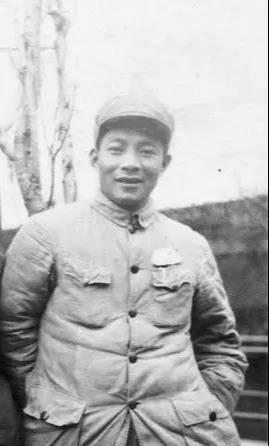Among the founding generals of New China, some of them made great achievements during the Red Army and the Eighth Route Army, but because of their physical health, they left the army at the most intense time of the war and went to the rear to recuperate. We are talking here in the middle of Xu Shenji.

Xu Shenji participated in the Jute Uprising in his early years and joined the Red Army 3 years later. In the Red Fourth Front, he rose from platoon commander all the way to company commander, battalion commander, regimental commander, division commander and other positions. During this period of the Red Army, the main battles he participated in were four anti-encirclement and suppression battles in Eyu and Anhui, as well as the anti-"three-way siege" and "six-way siege" in the Sichuan-Shaanxi base area.
During the liberation period, he served as the commander of the main regiment of the 129th Division and participated in many famous battles, such as ShentouLing and Xiangtangpu. Because of his outstanding achievements, he was transferred to the Independent Brigade as a brigade commander, commander of the military sub-district of the Ji'nan Military Region, and principal of the Kang Da Branch School.
During the liberation period, he served as vice president of the Jinji-Hebei Luyu Military and Political University and commander of the Ji'nan Military Region. In fact, some of them are far away from some combat units, because his health is deteriorating. By 1948, he was unable to work and had to leave his job to recuperate. After that, many major battles were not participated.
After liberation, he recovered physically and in 1952 was rated a regular soldier. At that time, during the liberation period, if he had no physical problems and participated in various battles, his position would have been higher than it is now. In 1954, he became the deputy chief of staff of the North China Military Region. Later, he was transferred to the Air Force as deputy commander. He left his post in 1967 and was sent to Nanchang to work in 1969, until he resumed his work four years later, serving as deputy commander of the Beijing Military Region. After serving as the deputy commander of the Beijing Military Region for 2 years, he retired to the second line in poor health and served as an adviser to the military region until his official retirement in 1986, when he enjoyed the full-time treatment of the grand military region.